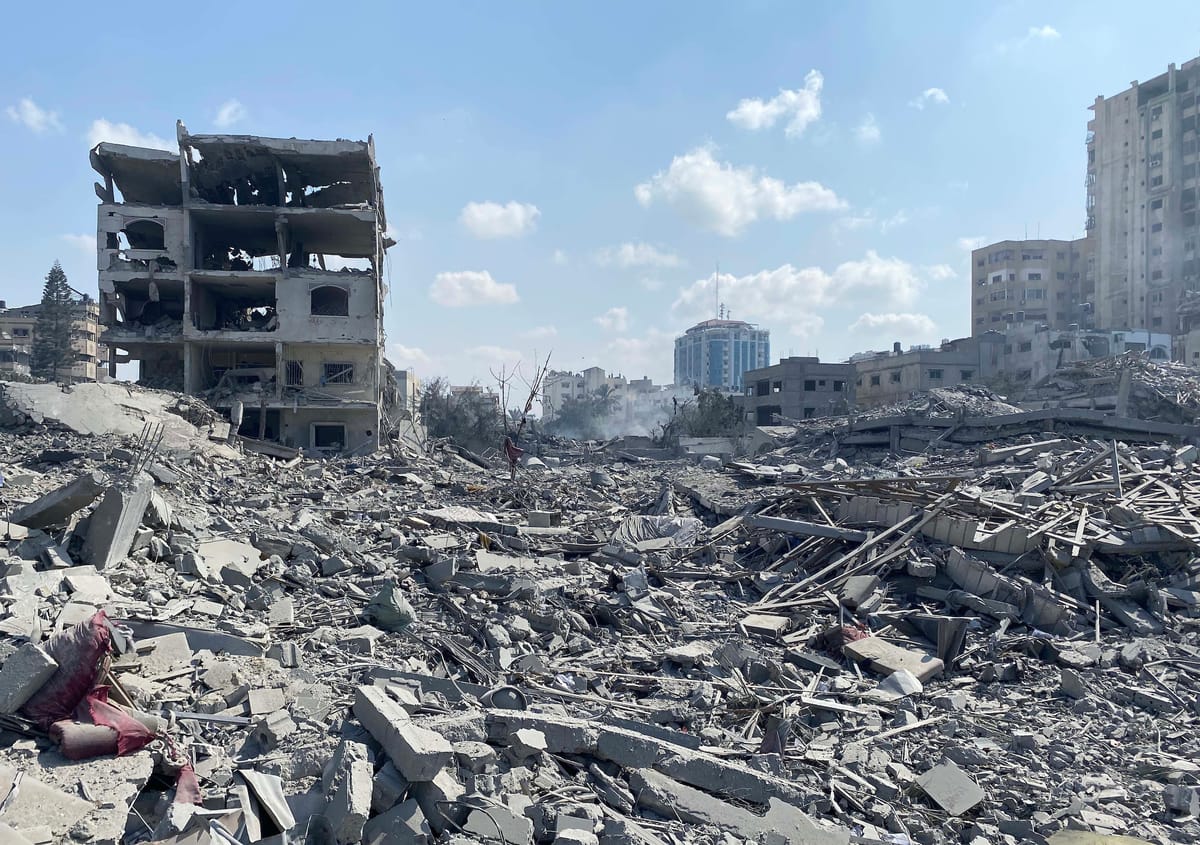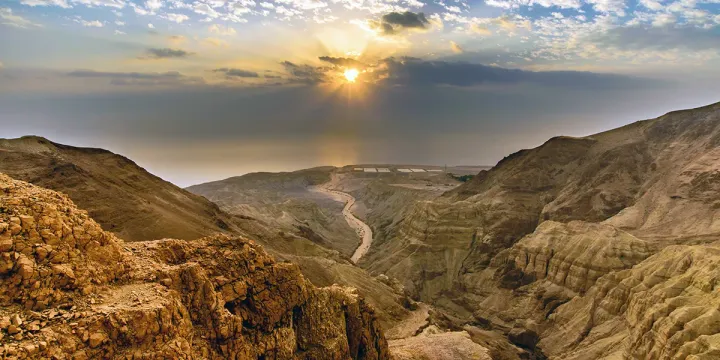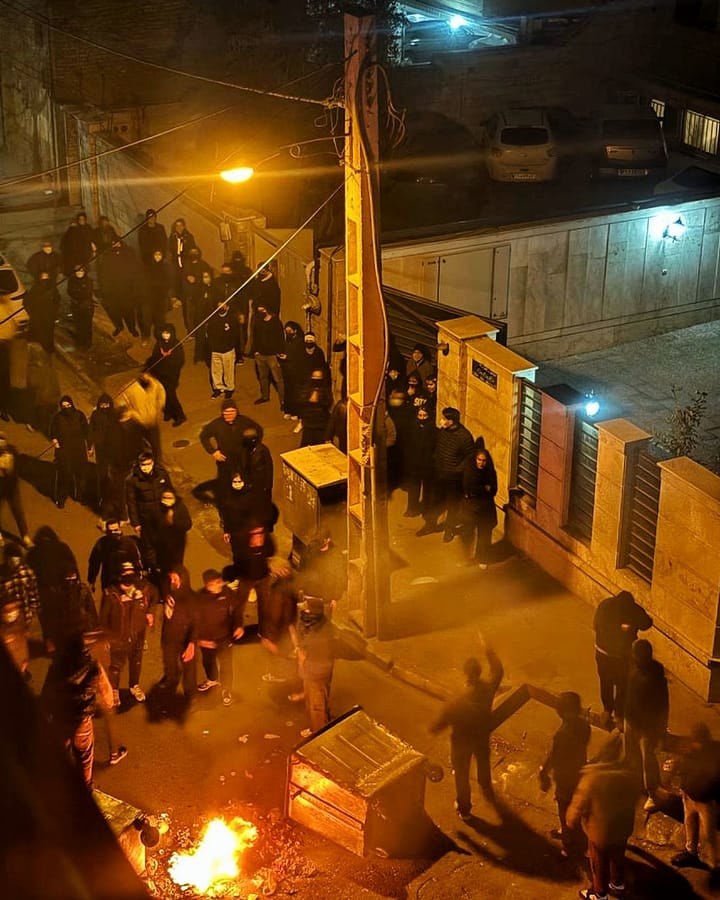I cannot speak for and on behalf of Palestine. But I can try to say a few words in light of the atrocious ongoing massacre in the eastern Mediterranean.
Do you condemn Hamas? No, otherwise, I have to condemn the FLN in Algeria, the Vietcong, FRELIMO in Mozambique, the Cuban Revolution, the ANC in South Africa, and histories of anti-colonial struggle all over the world. All involved the atrocities of colonial violence for both the coloniser and, above all, the colonised. Frantz Fanon taught us this 70 years ago, and then Gillo Pontecorvo in The Battle of Algiers. The real question, borrowing from Hannah Arendt, is: ‘Do the Palestinians have the right to have rights?’ If they are entitled to rights, nearly all of the definitions used to explain the current situation fall apart.
This means that Gaza, Palestine, Israel and the Eastern Mediterranean cannot be reduced to an object of analysis and treated in a seemingly neutral and scientific manner. In fact, at a deeper level, Gaza exposes the fallacy of neutrality, scientificity, critical distance and disciplinary protocols. The terrible, obscene and heinous wound of Gaza opens up a new archaeology and anthropology of the West and ruins its languages. Here, we encounter the initial step required by cultural and postcolonial studies: the necessary elaboration of dissent with respect to one’s provenance, that is, the critical questioning of one’s own historical and cultural background. Ultimately, it means being undisciplined in order to disturb the status quo of institutional and academic life constantly.
The central question then becomes how to address and undo the political and academic indifference to Gaza (and now Lebanon). How to break the dominant narrative established by Western power, colonialism, Zionism, racism and growing authoritarianism in the West? How can we disrupt and transform its ruined and broken language into a historical opportunity? At this point, it becomes imperative to unravel the coordinates of the dominant narrative and dismantle the ubiquitous accusations of anti-Semitism whenever criticism of Israel is voiced.
On 7 February 2024, in a well-known case, the Lebanese-Australian anthropologist Ghassan Hage was dismissed as Visiting Professor by the Max Planck Society in Germany for expressing criticism of the Israeli massacres in Gaza and support for the Palestinians on social media. Behind this action lies the more profound and broader context of the now automatic transformation of anti-Zionism and criticism of Israeli state policy into accusations of anti-Semitism. The public embrace of Israel by the German government as a Staatsrasön in public atonement for the Holocaust fiercely supervises the issue, tying, at least officially, German identity to Zionism. Criticising Israel is somehow to belittle the genocide of European Jews under the Nazi regime and to undo Germany’s redemptive work since 1945. This moral telescoping of historical time and geopolitical space has been transformed into a metaphysical imperative. It manifested itself strikingly in the Ground Zero account of the Hamas attack on 7 October 20232, as if it unexpectedly burst into the world and ushered in a new history. It brutally exposed the extraordinary political and philosophical limitations of Western language, both politically and academically. The first rumblings in the German public sphere had already emerged around international figures known for their criticism of Israel, such as the philosophers Judith Butler and Achille Mbembe and more recently the Palestinian writer Adania Shibli, author of Minor Detail.[1] The phenomenon was made more public in the political uproar around the documenta Fifteen international art exhibition in Kassel in 2022, guilty of expressing pro-Palestinian (and anti-colonial) sentiments. A new verb has appeared, at least for me: to be disinvited when museums, literary festivals and public conferences change their minds and roll back their initial invitation.
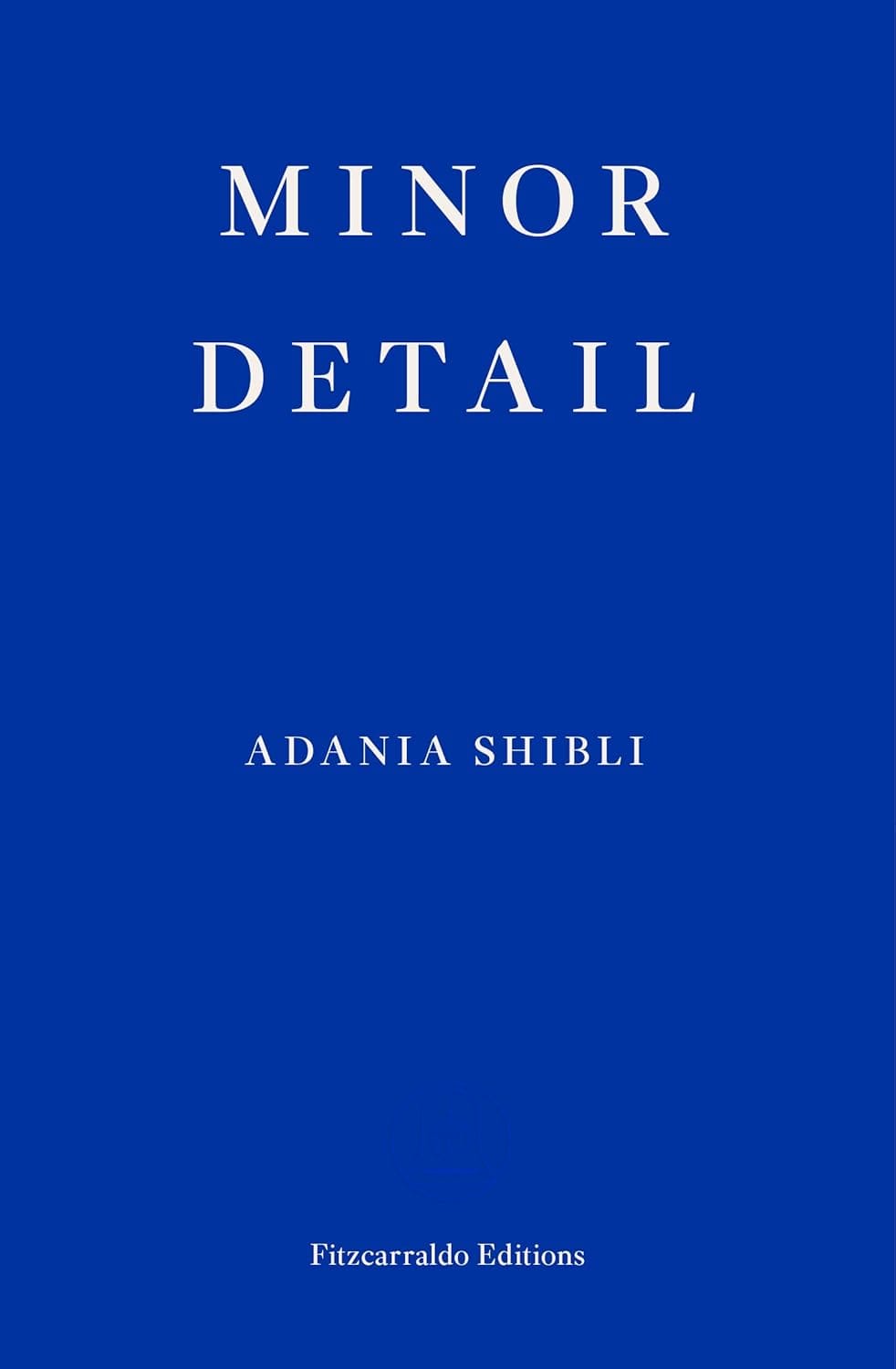
It is clear, however, that the Holocaust and centuries of European anti-Semitism are not exclusively German issues. And this brings us to another, even more disturbing point. In the best anthropological tradition, where there is an acknowledged return of the gaze, Gaza has been become an anthropology of the West. Here, an alleged ‘scientificity’ - and Max Planck’s dismissal letter to Professor Hage is full of this rhetoric - serving to guarantee critical distance and ‘neutrality’ collapses.[2] The disciplinary history of anthropology continually testifies to the crucial unravelling of such claims and the white myths of historical innocence. So why, beyond a few local exceptions of disciplinary acumen, is there the seemingly unconditional support of Western governments for the fanatical fantasy of Zionism? Is it simply related to geopolitics and the alignment of global power? Or are we still caught in the long wave of intergenerational trauma and European guilt over anti-Semitism and the Holocaust? Of course, it is about all this, but also much more.
But why this seamless fit so that any criticism or informed discussion is immediately labelled as anti-Semitism? What is happening? This is also an anthropological question. Although born in a colonial matrix (like almost all the humanities and social sciences), when the world, under the clouds of positivism, could be laid out, flat as a map, to be classified and colonised by Western concerns, Western anthropology has also done much to register the asymmetry of its position and power while acknowledging the limits of its disciplinary authority. Of course, this is an uneven development. Disciplinary knowledge can also remain captive to the linear perspectives of ‘progress’, believing that colonialism is over and that racism is a peripheral issue, and thus, unilaterally, continue to appropriate and explain the world in a colonial manner, passing it off as universalism.
To question neutrality and unmask the historical and cultural formation of the political economy of a purported scientificity is to soil and contaminate the drive for transparency. To acknowledge the gaps, the holes, the silences, and the refusal to be represented as an integral part of research processes is to recognise in research the justice of questioning the conclusive. It is to engage in a more vulnerable critical space. A language willing to register this broken syntax emerges. At this point, dismantling the premises of our perspective and the authority of our gaze, we move through and out of a specific disciplinary space to confront the Western episteme. This, I would argue, has historically been implicit in the anthropological project.
Anthropos, as the science of man, is intrinsically linked to the concept of the other and the understanding of processes of distinction and differentiation. In this more reflexive mode, it too has not excluded being analysed and anthropologised. In recent decades, its normative voice has been located on this slippery and transitory terrain. Much of the most significant work has orbited around this more open and vulnerable disposition.[3] By breaking down Western claims to centrality and superiority in coeval relations and interactions, its authority is deferred as its ‘objects’ insist on their rights as historical subjects.[4] It has become a boundary discourse with analytical fallout on both sides of that shifting and often invisible dividing line.
Anthropology reminds us, as Patrick Wolfe argued, that colonialism is not an event limited to a moment in time, but a process.[5] And this process continues. Western governments and institutions, perhaps unconsciously recognising themselves as beneficiaries of such processes of accumulation at the expense of indigenous peoples, refuse to condemn their embodiment in contemporary Israel as the Nakba continues into the present. Such practices continue to be exercised directly by Euro-American governance in the continuum of what geographer Derek Gregory has called the ‘colonial present’ inscribed directly into the land and lives of Afghanistan, Iraq, Libya, and Palestine.[6] The brutal appropriation and destruction of local ways of being, violently transformed into the universal value of capital, is the modern history of the West. To condemn Israel is, in a deep and complex way, to condemn ourselves. No Western government or public institution is going to do that. Staring into that dark mirror as the ‘only democracy in the Middle East’ goes on a genocidal rampage, we remain seemingly blocked. In the looming twilight, accentuated by the increasing criminalisation of public protest, it seems, as Hannah Arendt would say, that Palestinians are not entitled to rights. In the West’s authoritarian turn towards security (of the status quo), we, too, are increasingly losing our rights when it comes to insisting on Palestine, the climate crisis, poverty and precarity.
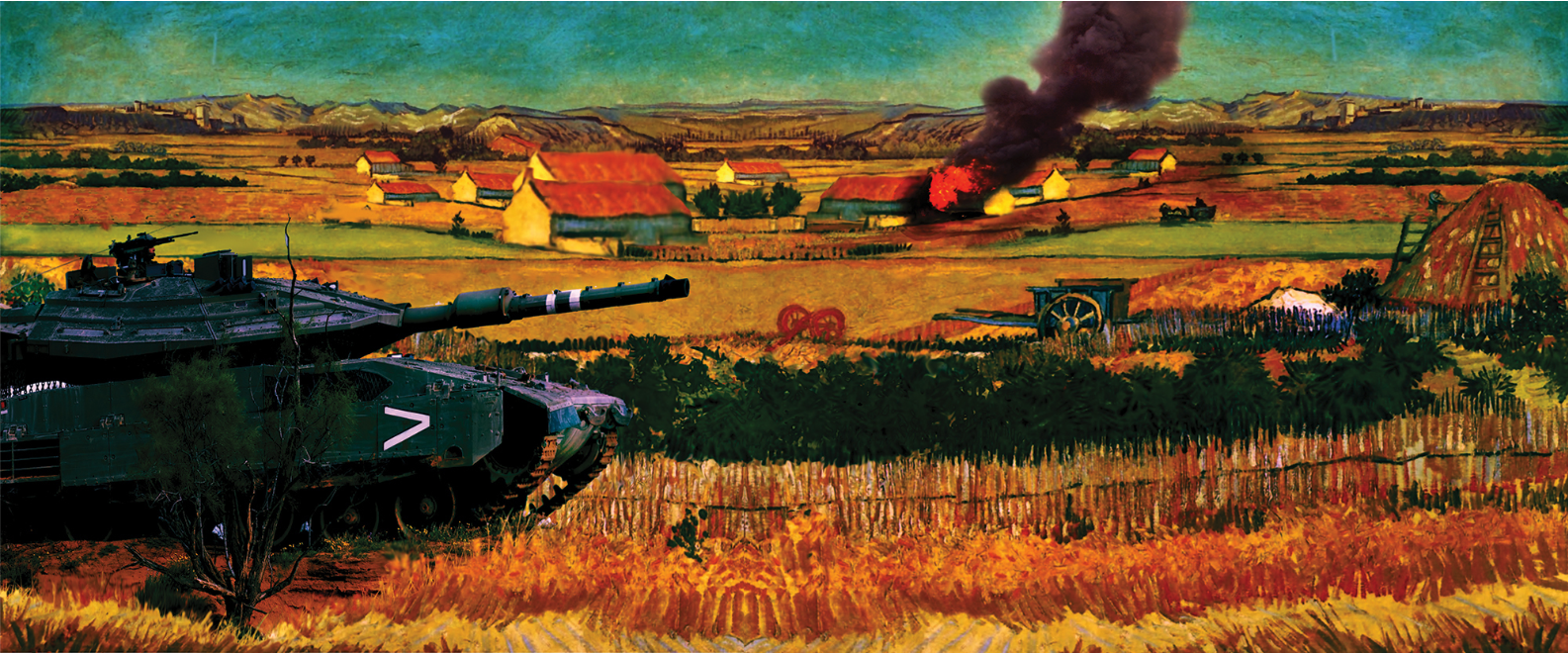
To adopt this reflexive stance and reverse the anthropological gaze is to suggest that to refer to Gaza today is ultimately to speak of the West, to the intersecting powers, the accredited knowledge and definitions it assembles in the construction of Palestine, Israel and the Middle East. In other words, it is to speak of a West critically exposed and interrogated by Palestine. This split provides for a moment a freedom from our gaze and the prison of disciplinary certainty. Even the most superficial historical gaze cannot ignore that the atrocities committed in Palestine, yesterday and today, were created by us. They emerge from our history, our culture and our politics. Perhaps the current astonishing institutional indifference to the genocide taking place in the eastern Mediterranean betrays once again a fear of recognising the heart of darkness that resides at home. As Friedrich Nietzsche noted, stare into the abyss long enough, and the abyss will stare back into you. Just as with Joseph Conrad, it is in the white neoclassical sepulchral buildings of Brussels, London and Washington, and not in Africa, the Congo or the Middle East, that this heart beats. In Germany, there is talk of banning postcolonial studies for highlighting the colonial roots of modern Europe (and the origins of Zionism).
Perhaps, however, this is the necessary wager of intellectual honesty and critical work. To think, research, write and elaborate is to speculate and receive the potential of the critical imagination. Rather than the deadening application of methodological premises and the reproduction of the disciplinary canon in the academic status quo, it is precisely acknowledging our language to be broken, constantly in progress and incomplete, that we can seek a more truthful relationship with the world that is never just mine or ours. To insist on the ethical potential of anthropology (or sociology and historiography) is to reject the messianic fantasies of Zionism and the political deafness of the West that refuses to listen to the Palestinians as well as to the democratic protests of its citizens. It is to refuse to be colonised by this blunt rhetoric and its machinery of death. The field of research has become the West. We are brought back to the baseline of where and what we come from.

This, after all, is what Jonathan Glazer’s powerful film The Zone of Interest (2023) proposes. The apparent temporal distance from the Holocaust and the non-place of death camps somewhere in Eastern Europe is transformed into the immediacy of domestic space. The everyday details of food, clothing, gardening and sex in proximity to the logistics of industrialised death deeply resonate in the present. At this level, the question of labelling is not essential. Perhaps Gaza as a concentration camp is turning into Auschwitz, and Zionism into fascism, but at this point, historical details and differentiations fall off the scale of neutral observation and abstract evaluation. The public indifference of Western politics and media to the Gaza massacre clearly suggests the urgency of analysis and treatment.[7] If indifference requires active complicity in avoiding, ignoring and denying the rejected object, then the mirror of this narrow narcissism must be shattered. How can this be done? Can the patient be cured?
To begin, it is necessary to remove Palestinians and Arabs from racial geopolitical hierarchies where they are reduced to being objects of politics and victimhood. The extraordinary contemporary production of novels, poetry, theatre, film, and music in Palestine and its diaspora help us move in this direction. Artistic reasoning always cracks a monochromatic rationality. The insistence on the formation of active and creative subjectivity proposes an affective field of bodies, lives and voices that challenge the anonymous silence to which the Palestinian is habitually condemned. But breaking the silence does not simply mean releasing voices of opposition. Through the poetics, we are drawn into the reworking and extension of what it means to be a Palestinian today. And this, due to the historical conditions of the process, is not an isolated cultural affair. While Israel is a laboratory for the emerging failure of democracy, whether in Tel Aviv, London, Berlin, or New York, Palestine consistently proposes a pedagogical experiment in a democracy to come where the reliance on ethnonationalism, the homogeneous aspirations of the modern nation-state form, and the racial imperative of Western white domination break down. The simultaneous attachment to the land, the olive tree and the right to freedom challenges the understanding of the rigid container of identity and citizenship. Forced to continually work out a relationship with a destroyed landscape, both in the physicality of the disappearing territory and in the hybrid relations produced in the diaspora, the excess of Palestine’s language prefigures further politics and ways of being yet to come.[8]
Zionism, in fact, is a declared racist project. The policy it proposes is exclusive, reserved only for Jews. While this was recently made explicit in the 2018 Basic Law confirming Israel as the nation-state of the Jewish people, it long predates the founding of Israel in 1948. Already in the 1920s, the Zionist labour regime of Avoda Ivrit’s in Palestine was reserved exclusively for Jewish settlers.[9] As Walaa Alqaisiya and Nicola Peruginia rightly insist, the Nakba as a direct expression of colonialism is a continuum. We are talking about a colonial process that is constantly refurbishing itself to produce and punish the present. In this precise historical and political sense, Palestine is a crime scene that the West refuses to investigate for fear that exposing the crime will reveal that we are the real perpetrators.[10] As Lyndsey Stonebridge, author of a fine essay on Hannah Arendt, suggests, we should listen to József Debreczeni, Cold Crematorium: Reporting from the Land of Auschwitz, when he asks why it occurs to so few that we are committing a crime?[11] However, this crime scene is obviously not limited to Palestine. The looking away and denial has much to do with the fact that it does not fit the established narrative, in which moral high ground is established and patrolled by Western needs and concerns.[12] This allows for the forceful reversal of historical challenges that are squashed into a monotonous litany where any criticism of Israel, settlement-colonialism and Zionism is simply labelled as ‘anti-Semitism’. Those with the power to engineer this vicious game present themselves as victims, the victims of potential terrorists (Arabs, Palestinians), intruders (migrants) and non-white people who threaten our way of life and replace us.[13] The liberal mask dissolves to reveal the direct aggression of white supremacy.
At this point, it becomes imperative to unravel the coordinates of the dominant narrative and dismantle blanket accusations of anti-Semitism whenever criticism of Israel is voiced.
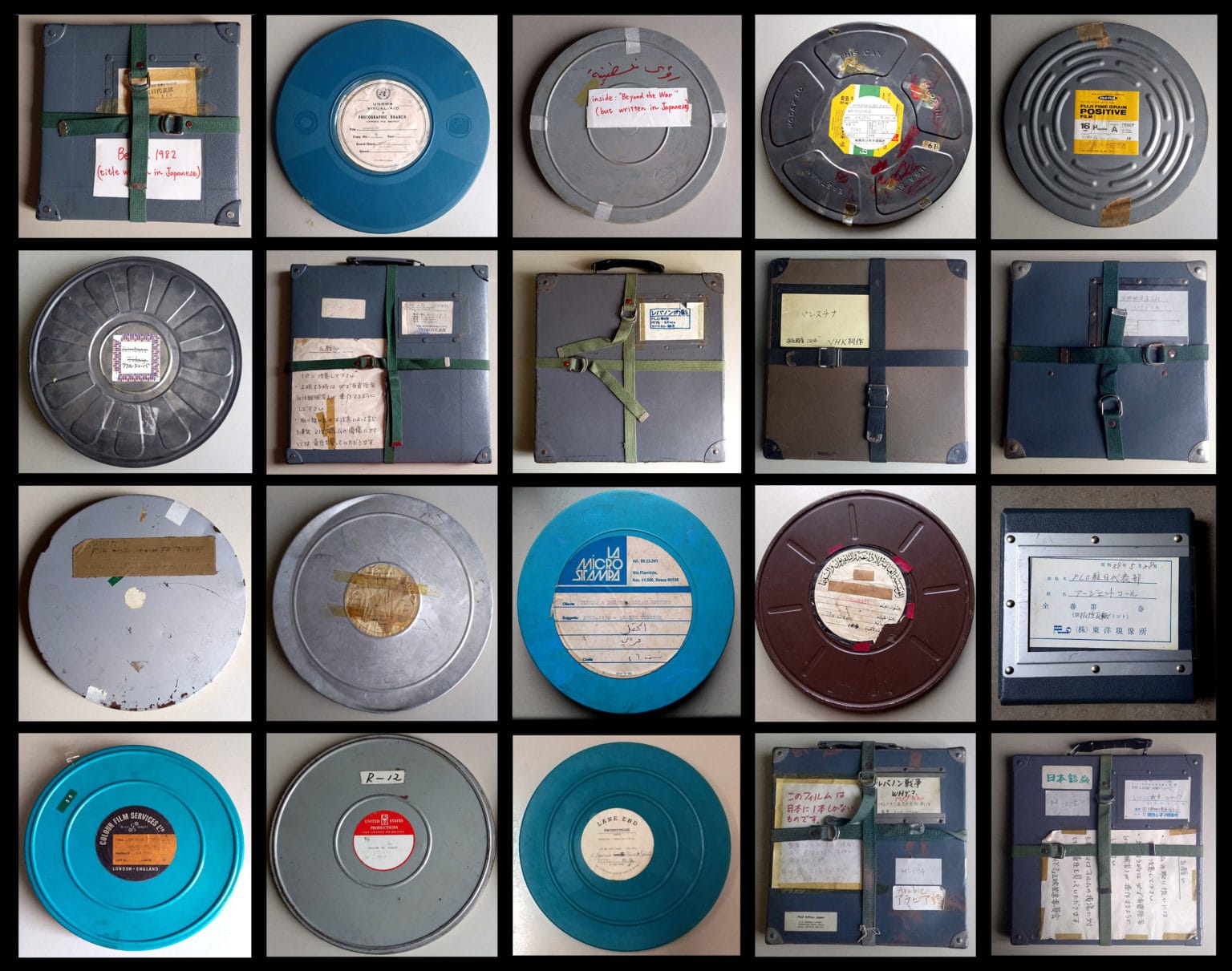
In the avalanche of accusations of anti-Semitism that characterised the exhibition of contemporary art at documenta 15 since its first day in June 2022, twenty films stored in Tokyo and presented by the Palestinian group Subversive Film documented the Palestinian struggle in the 1960s and 1970s. In the last weeks of the exhibition, they brought the request from the scientific commission (?), established to identify anti-Semitism in the artworks exhibited in Kassel, for their withdrawal due to their ‘anti-Semitic and terrorist violence’. These films are, first and foremost, an archive. Undoubtedly an uncomfortable and disturbing one that suggests that Palestinians also have rights. The 1960s and 1970s were the years of the anti-colonial armed struggle in Cuba, Algeria, Vietnam, South Africa, Angola, Mozambique, Palestine and many other countries around the world. At that time, the anti-colonial struggle and cinema – think of Jean-Luc Godard, or the collective film Loin du Vietnam (1967) – shared what Walter Benjamin called the communicative democracy of cinema.
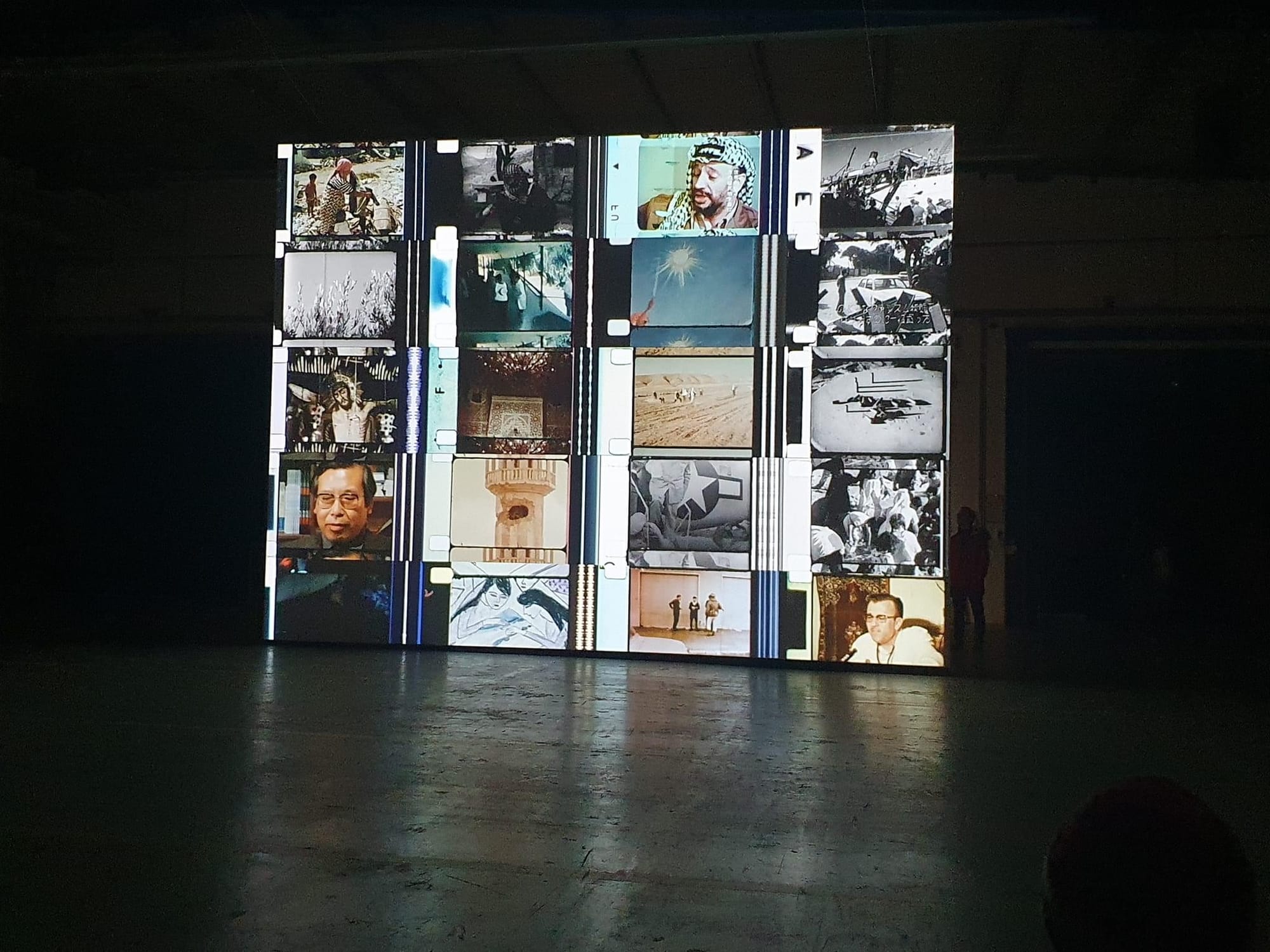
To criticise these films as anti-Semitic is to remain trapped in a local history that refuses to expose itself to a questioning unauthorised by the West. Their images explode that particular narrative of time with responsibility for a space-time that is not just mine to decipher or manage. It is here that the challenging concept of responsibility needs to replace the passive category of guilt. Otherwise, we remain prisoners of an obsessive colonial fantasy of white supremacy under siege. Here, the Arab is always the enemy, to be driven out and eliminated from the Christian (?) West and the Zionist colony of Israel.
A critical annulment of the absolute authority of anti-Semitism over the national narrative in Germany and the West needs to respond not only to the Holocaust as a specific historical event but also, above all, to the colonial conditions from which it emerged in the heart of Europe. Aimé Césaire and Frantz Fanon, together with Hannah Arendt, explained this cruel intertwining we refuse to face. Rather than merely guarding against anti-Semitism, this requires, as a Jewish philosopher from the Maghreb, Jacques Derrida, taught us, a willingness to take responsibility for a past (of which the deep roots of anti-Semitism and racism are an integral part) that has yet to be recorded and processed; that is, a history that we have not yet acknowledged and for which we have not yet taken responsibility. A history that is yet to come. This is the only way to confront and dismantle the asymmetrical power relations that continue to confine Palestine in injustice and the West in the abyss of Gaza.
The grim and murderous alternative is to continue to uphold a policy whereby Israel, encased in its murderous ethnonationalism and forever pre-emptively defending itself, will never be able to respond to the consistent challenge of Palestine, and the West will never escape its colonial past and present.
[1]Adania Shibli, Minor Detail, trans, Elizabeth Jaquette, London: Fitzcarraldo Editions, 2020. A finely-honed and bleak account from a Palestinian perspective of dangers and death in researching the past of the Nakba in the Negev desert.
[2]The official statement of the Max Planck Society on its website can be read here: https://www.mpg.de/21510445/statement-ghassan-hage. Ghassan Hage’s presence at the institution has been removed from the Society’s web pages.
[3]Clifford Geertz, The Interpretations of Cultures, Basic Books: New York, 2017; James Clifford, The Predicament of Culture. Twentieth-Century Ethnography, Literature, and Art, New York: Columbia University Press, 1988.
[4]Johannes Fabian, Time and the Other: How Anthropology Makes its Object, New York: Columbia University Press, New York, 1983.
[5]Patrick Wolfe, ‘Settlement colonialism and the elimination of the native’, Journal of Genocide Research, 8:4, 2006. Available at: https://www.tandfonline.com/doi/full/10.1080/14623520601056240.See also his Settler Colonialism and the Transformation of Anthropology, Continuum, London, 1999.
[6]Derek Gregory,The Colonial Present, Wiley-Blackwell, Hoboken, 2004.
[7]Enzo Traverso, Gaza Faces History, London: Footnote Press, 2024.
[8] Hamza Badran, ‘The Stars in the Sky Are Closer: Being a Palestinian Artist’, estetica,studi e ricerche. 2/2023, maggio-agosto.
[9] Walaa Alqaisiya & Nicola Perugini, ‘The Academic Question of Palestine’, Middle East Critique, vol.33, no.3, 2024, 302. The article can be found here: https://www.tandfonline.com/doi/full/10.1080/19436149.2024.2384009., 302.
[10] Shivangi Mariam Raj, ‘Architecture of Sanitised Fictions’, The Funambulist, no.55, September-October 2024.
[11]Lyndsey Stonebridge, ‘Mythic Banality: Jonathan Glazer and Hannah Arendt’, Journal of Genocide Research, 2024: https://www.tandfonline.com/doi/full/10.1080/14623528.2024.2351263. Lyndsey Stonebridge, We Are Free to Change the World, London, Jonathan Cape, 2024; József Debreczeni, Cold Crematorium: Reporting from the Land of Auschwitz, London, Jonathan Cape, 2024.
[12]Atef Alshaer, ‘Writing Gaza during genocide’, Radical Philosophy 216, Summer 2024. Available here: https://www.radicalphilosophy.com/article/writing-gaza-during-a-genocide
[13]Walaa Alqaisiya & Nicola Perugini, op. cit.
Iain Chambers studied at the Centre for Contemporary Cultural Studies at Birmingham University before moving to Naples, where he taught Cultural, Postcolonial and Mediterranean Studies at the University of Naples, L’Orientale. He is presently an independent researcher and writes regularly for the Italian daily il Manifesto. Among his publications are Migrancy, Culture, Identity (1994), Mediterranean Crossings (2008), Postcolonial Interruptions, Unauthorised Modernities (2017), and with Marta Cariello, The Mediterranean Question (2025). With Lidia Curti, he edited the volume The Postcolonial Question. Common Skies, Divided Horizons (1995). In 2022, he participated in documenta fifteen as a member of the collective «Jimmie Durham & A Stick in the Forest by the Side of the Road»
